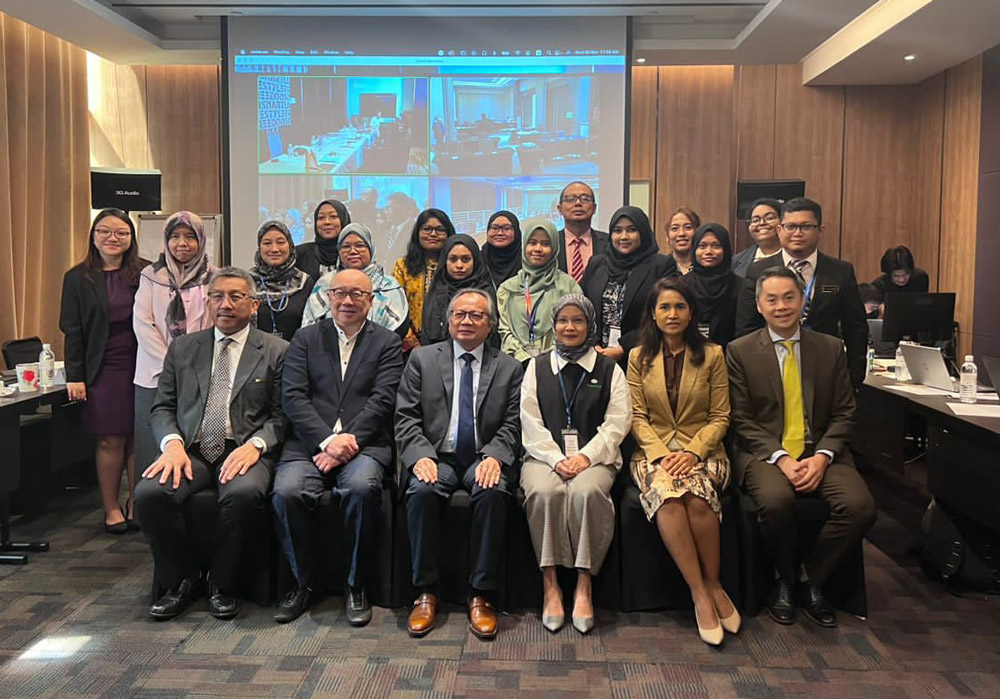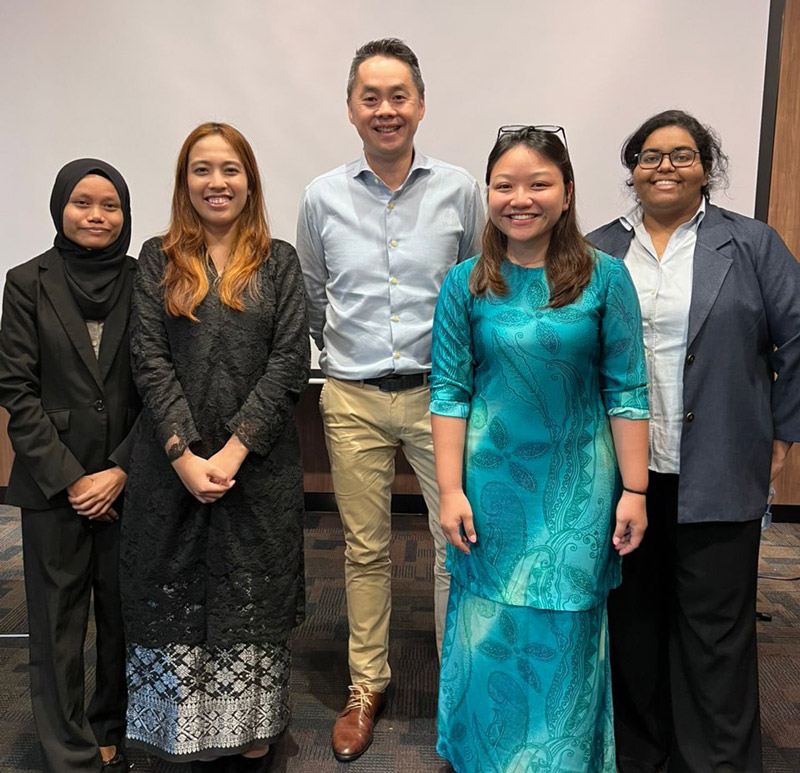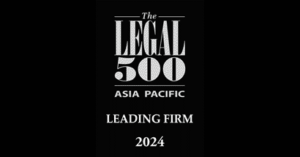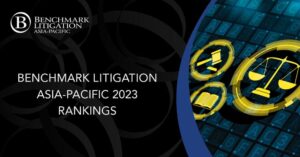A two-day Blended Learning Course on Human Rights and the Environment/Climate Change (BLC) (Cycle 3: Adjudication and National Courts) was held on 30 November and 1 December 2022.
Cycle 3 built on the first and second editions of the BLC held in 2020 and 2021 respectively. The BLC aims to enhance the knowledge and capacity of judges, national human rights institutions, public prosecutors, and lawyers to safeguard and advance environmental human rights and gender equality in Southeast Asia within their respective mandates, and to encourage cross-institutional collaboration to strengthen enforcement actions.
More than 40 Malaysian participants have benefitted from the programme over the past three years. The workshop in Kuala Lumpur was held simultaneously in Thailand, Indonesia, and the Philippines.

The BLC is organised by the Raoul Wallenberg Institute for Human Rights and Humanitarian Law (RWI). AmerBON, Advocates hosted the Malaysian workshop in collaboration with the Malaysian Judiciary and the Human Rights Commission of Malaysia (SUHAKAM).

Below is the Welcoming Address delivered by Edmund.
On behalf of the organisers – Raoul Wallenberg Institute for Human Rights and Humanitarian Law (RWI) in Asia and the Pacific, SUHAKAM, AmerBON – good morning to judges, registrars, and research officers of the Malaysian Judiciary, and SUHAKAM officers.
This is the 3rd edition of the Blended Learning Course on Human Rights and the Environment/Climate Change, also held in 2020 and 2021. However, this is the first time it is being held in person for Malaysia, as COVID-19 restrictions prevented us from meeting in this way in the previous two years.
It is great to see that you have taken the time to complete the online component of the course and join this two-day workshop. Sometimes as judges, judicial officers, and practitioners of the law, we are too steeped in our cases – and rightly so – as we need to focus on the narrow issues required for determination. A learning and sharing programme like this provides us with room to breathe, to zoom out and look at the macro perspective, to see how we fit into the bigger picture of promoting accountability for justice-seekers. We can see more clearly the “why” and the “what” in our work, as well as the “how” — the impact of what we do. Stock-taking, in other words, of where we stand, and to find focus on the things that matter.
It is widely acknowledged that there is currently a climate emergency that needs to be addressed by nations. Frequently, we hear about low-lying areas and islands threatened by rising sea levels; one day, they will be no more. Back home, we have seen increasingly irregular weather patterns and floods, causing havoc in people’s lives. The challenge is real.
Due to the worsening impact of climate change, the language of environmental justice and accountability for climate action is gaining traction. One solution to climate change is for business corporations to ensure that their operations do not adversely impact the planet and people. They are to be held liable for their actions or emissions that pollute the environment. Failure to meet targets aimed at reducing these impacts should be justiciable.
In Malaysia, several issues remain pending in the advancement of environmental human rights and climate litigation in the courts. First, rules on locus standi should be liberalised. Some years ago, there was a movement among stakeholders to expand the legal standing rule so that environmental cases can be brought to court more easily, but this was met with some resistance. If locus standi continues to be limited only to a small number of consumers, we will not have the type of progressive litigation that we need. The initiative to amend our rules and laws should be revived so that it no longer impedes public interest litigation.
Second, a new climate change law is urgently required. I understand that the government has been looking into such a law, but we have not seen any draft shared or more comprehensive public consultations held. The law should impose responsibilities and obligations on the government and corporations to manage their actions that impact the environment. These should also be justiciable by members of the public before our courts and not just by the Public Prosecutor or certain law enforcement bodies only.
Third, the need to have environmental impact assessments should be broadened, and their requirements should be made more robust. Presently, these assessments seem to be “check-the-box” exercises for project proponents to obtain approvals and do not actually meet the objectives of why the assessments were initially envisioned for.
I hope we will have fruitful discussions over these two days among ourselves and with the participants from the other three hubs — Thailand, Indonesia, and the Philippines — and learn from each other to continue the necessary advocacy for human rights, climate action, and environmental protection.
Thank you.
See here for the Keynote Speech delivered by Chief Judge of Sabah and Sarawak, Tan Sri Dato’ Abang Iskandar bin Abang Hashim.



